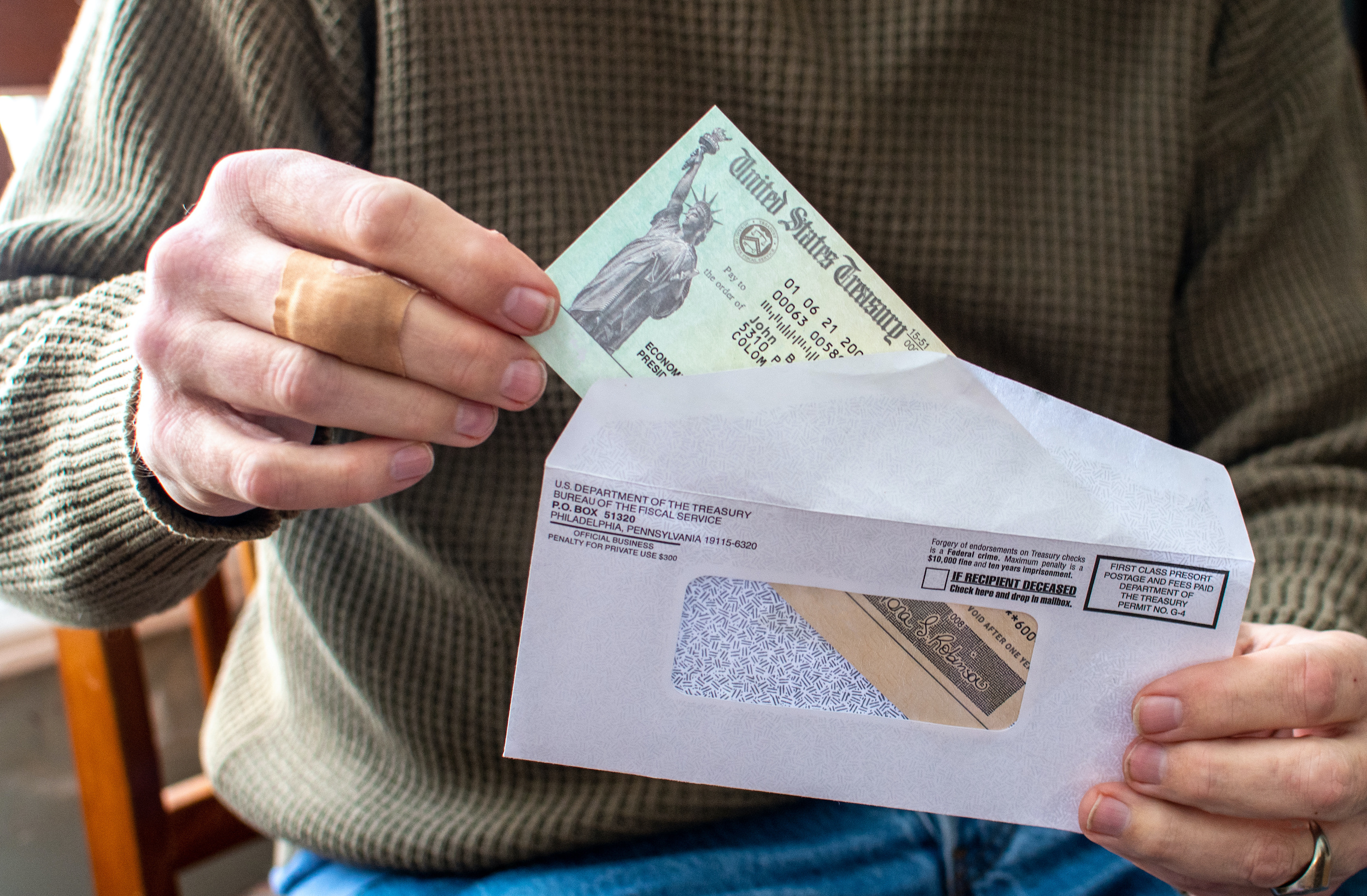There are dozens of questions surrounding the next round of stimulus payments and what that means for qualifying individuals and their families. The first wave of $1,400 payments are already on their way to qualifying recipients, but if you receive Social Security Disability Insurance or Supplemental Security Income benefits then you may have to wait a bit longer.
Eligibility and rules
Those who already receive SSI and/or SSDI will once again automatically qualify for the third round of stimulus payments per the approved American Rescue Plan. Eligibility maintains that you don’t exceed the household income threshold of $75,000 single, $112,500 head of household, or $150,000 married.
The amount of money you will receive could vary depending on the income qualifications above and the amount of dependents involved. The new bill expands the payment to dependents of all ages, including young adults 17-24 and older adult dependents.
Payment delivery
Unlike the first two payments, the system has been updated to provide SSI and SSDI recipients with their third payment in the same manner as their usual benefits.
The IRS has provided a “Get My Payment” online portal, which shows the status of when your payment has been issued, the date you should expect to receive it and the method of payment.
Users are required to enter their Social Security or tax ID number, date of birth, street address and ZIP code. The IRS updates your payment status once per day (usually overnight).
What if I’m still missing money?
If you fall into the category of automatically qualifying for the stimulus payments, but have yet to receive the money there could be a few reasons as to why this is happening.
- It is possible your payment was garnished for child support or to pay a specific kind of creditor
- The IRS needed more information about your eligibility
- The payment was lost – you need to contact the IRS to request a payment trace.
The IRS said you can create and then check an IRS account to see more information on the first two payments.
If you have an injury or illness that prevents you from working a full-time job, you could receive up to $3,148 per month in financial assistance from the Federal Government. To see how much you could qualify to receive, please complete this short 30 second form.



